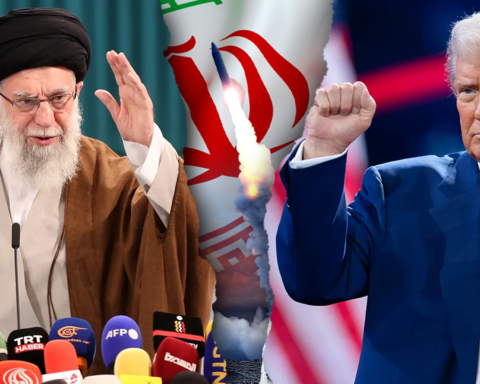China has pushed back strongly against what it describes as pressure tactics from the United States in ongoing discussions over trade tariffs, saying that negotiations must be based on mutual respect rather than threats or coercion.
The statement comes as tensions between the world’s two largest economies escalate again following a new wave of U.S. tariffs on Chinese goods. In a press briefing, China’s Ministry of Commerce confirmed it had received messages from Washington expressing interest in renewing trade talks — but made it clear that any discussion would need to be conducted on equal footing.
“If the United States truly wants to talk, it needs to match words with action,” a spokesperson from the ministry said. “Using talks as a cover for coercion or blackmail will not be tolerated. That’s not how sincere negotiation works.”
The sharp response follows a U.S. decision to impose tariffs of up to 145% on a wide range of Chinese imports. China responded in kind, announcing counter-tariffs of up to 125% on selected American goods. Both sides have accused the other of unfair trade practices, with Washington citing concerns over industrial overcapacity and China pointing to what it calls unilateral and protectionist measures.
Also Read; Ghana Surpasses SA To Become Africa’s Leading Gold Producer
Despite the standoff, signs of a possible thaw have emerged. Beijing acknowledged that communication channels remain open and that it is reviewing Washington’s latest outreach. But it also warned that progress is unlikely unless the U.S. rolls back some of its more aggressive trade policies.
Financial markets showed cautious optimism. U.S. stock futures rose following news that dialogue could resume. The Dow Jones Industrial Average futures jumped by more than 370 points in early trading, with other major indexes also ticking up.
Still, uncertainty lingers. Economists note that prolonged tariff battles hurt both economies and risk further destabilizing global trade. For China, continued trade pressure adds to its existing domestic economic challenges, while American businesses and consumers face higher costs and increased supply chain disruptions.
At the heart of the dispute is a broader struggle over economic influence, technology, and global trade rules. As the two powers circle back to the negotiating table, observers hope both sides will dial down the rhetoric and focus on long-term solutions that serve broader global interests.







